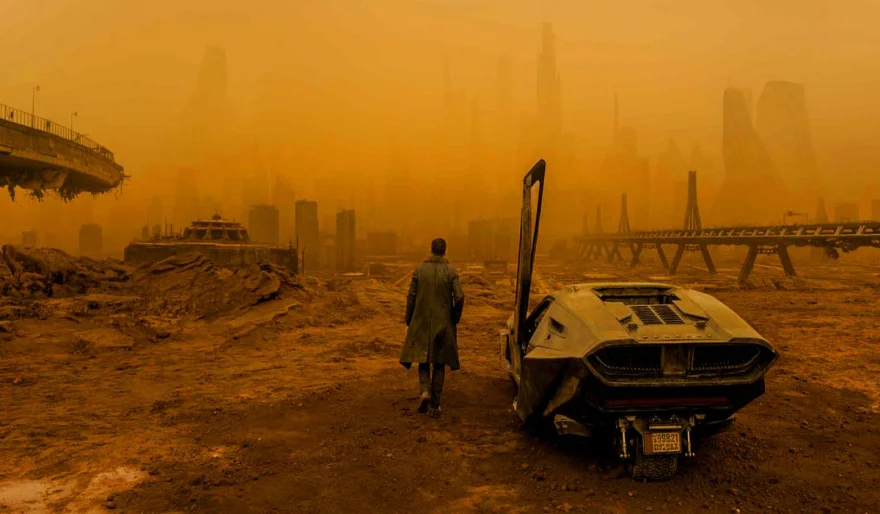Stay Ahead of the Curve
Latest AI news, expert analysis, bold opinions, and key trends — delivered to your inbox.
Elon Musk Faces Lawsuit Over Use of AI-Generated Blade Runner Imagery at Robotaxi Event
3 min read Tesla CEO Elon Musk is now facing a lawsuit over the alleged use of AI-generated imagery inspired by the film *Blade Runner* at a recent robotaxi event. A group of artists and designers filed the lawsuit, claiming that Tesla's use of the AI-created images infringed on their copyright and intellectual property rights. This case raises concerns about the use of AI-generated content in high-profile events and its potential legal implications. October 22, 2024 07:00
Tesla CEO Elon Musk is facing a lawsuit alleging that the company used AI-generated imagery inspired by the classic film Blade Runner at a recent robotaxi event. The lawsuit, filed by a group of artists and designers, claims that Tesla's use of the AI-generated images infringed on their copyright and intellectual property rights.
The plaintiffs argue that the AI-generated imagery used by Tesla closely resembles the iconic aesthetic of Blade Runner, including its futuristic cityscape, neon lighting, and flying cars. They contend that Tesla's use of this imagery without proper authorization constitutes copyright infringement.
Tesla has not yet issued a public statement in response to the lawsuit. However, it is likely that the company will defend its actions, arguing that the AI-generated imagery was created independently and does not infringe on any copyright or intellectual property rights.
The lawsuit raises important questions about the use of AI-generated content and the potential for it to infringe on existing intellectual property rights. As AI technology continues to advance, it is becoming increasingly difficult to distinguish between human-created and AI-generated content. This has led to growing concerns about the potential for AI to be used to create derivative works without proper attribution or compensation.
The outcome of the lawsuit against Tesla could have significant implications for the future of AI-generated content. If the plaintiffs are successful, it could set a precedent for holding companies accountable for the unauthorized use of AI-generated content that infringes on existing intellectual property rights.



















 AI Agents
AI Agents